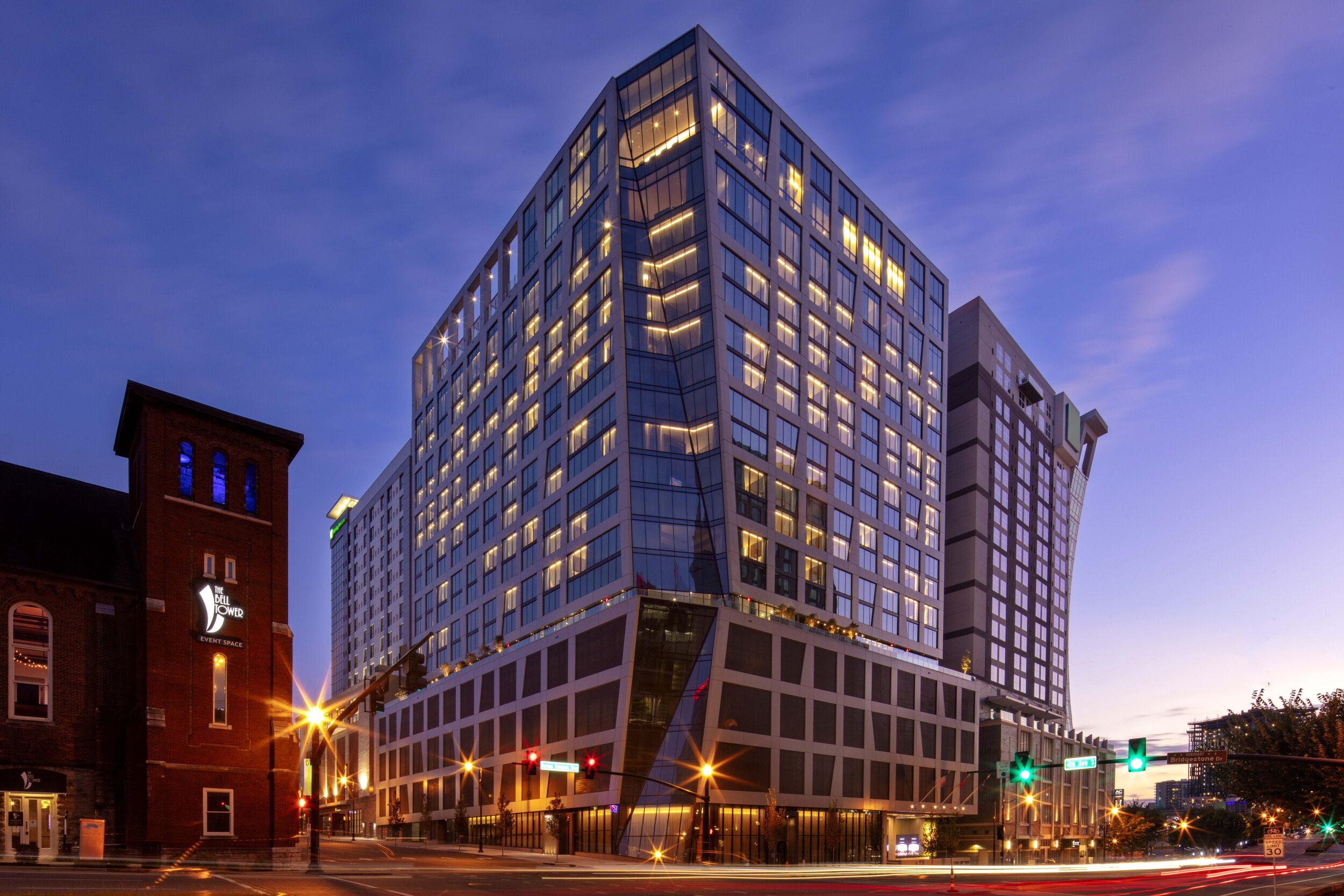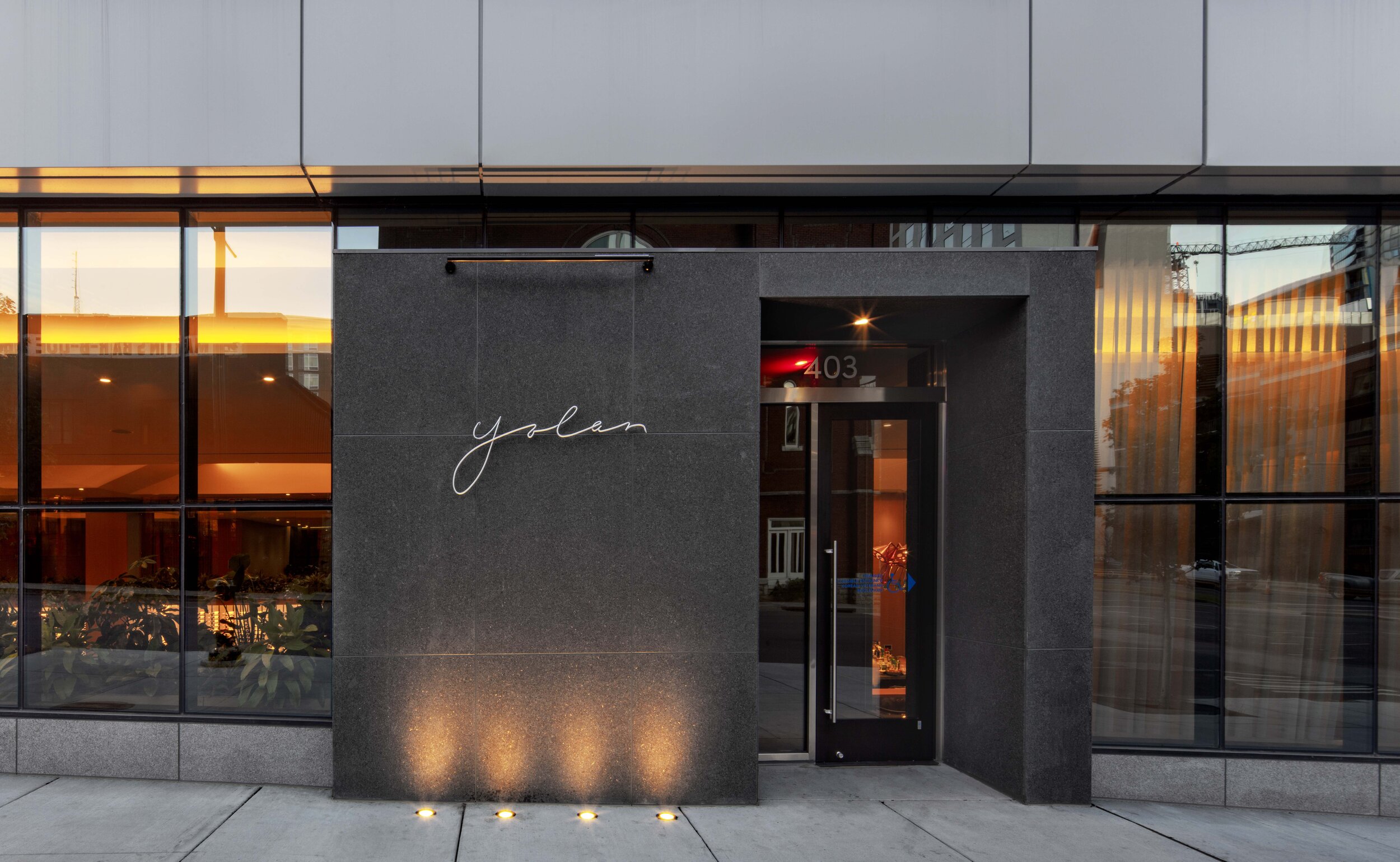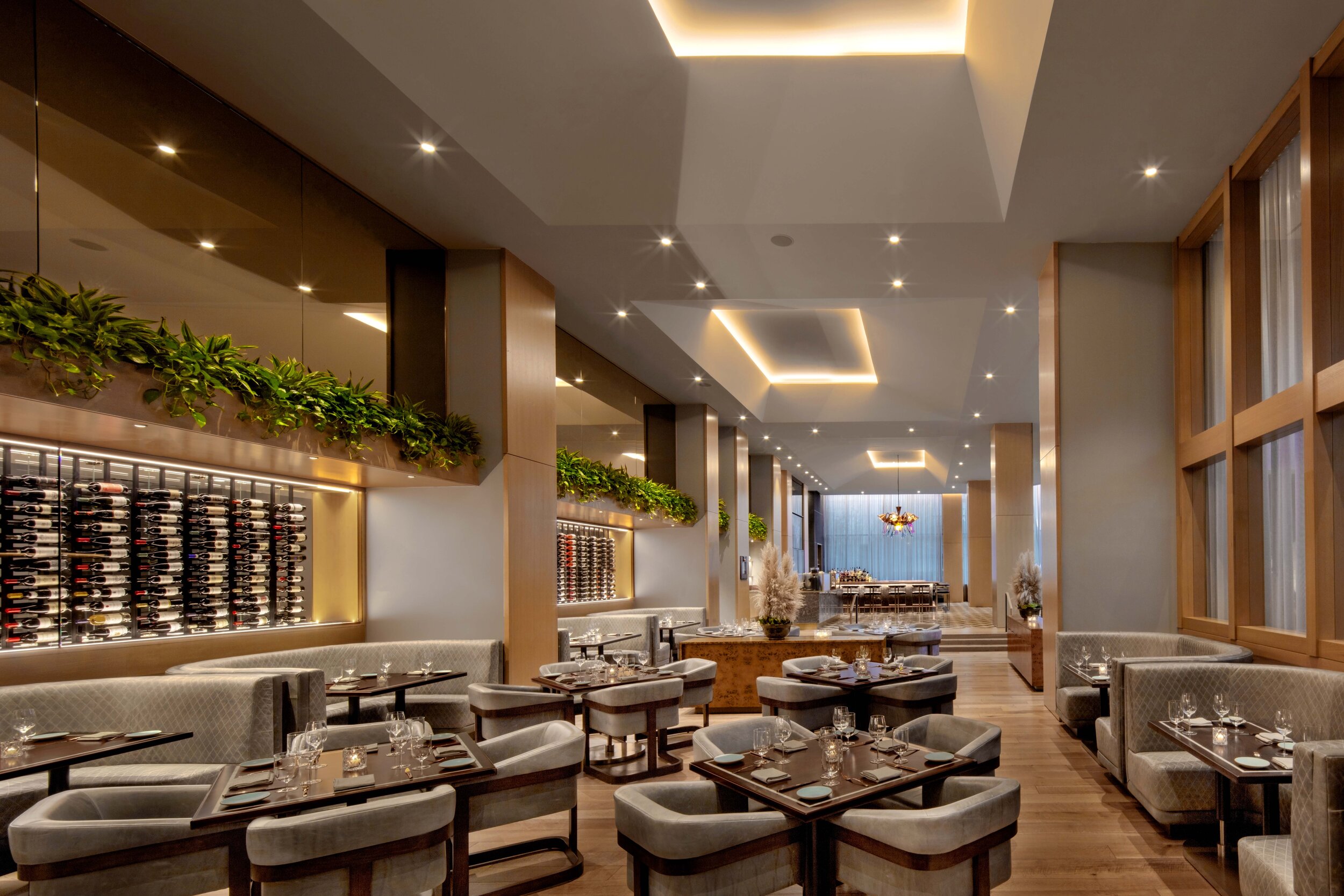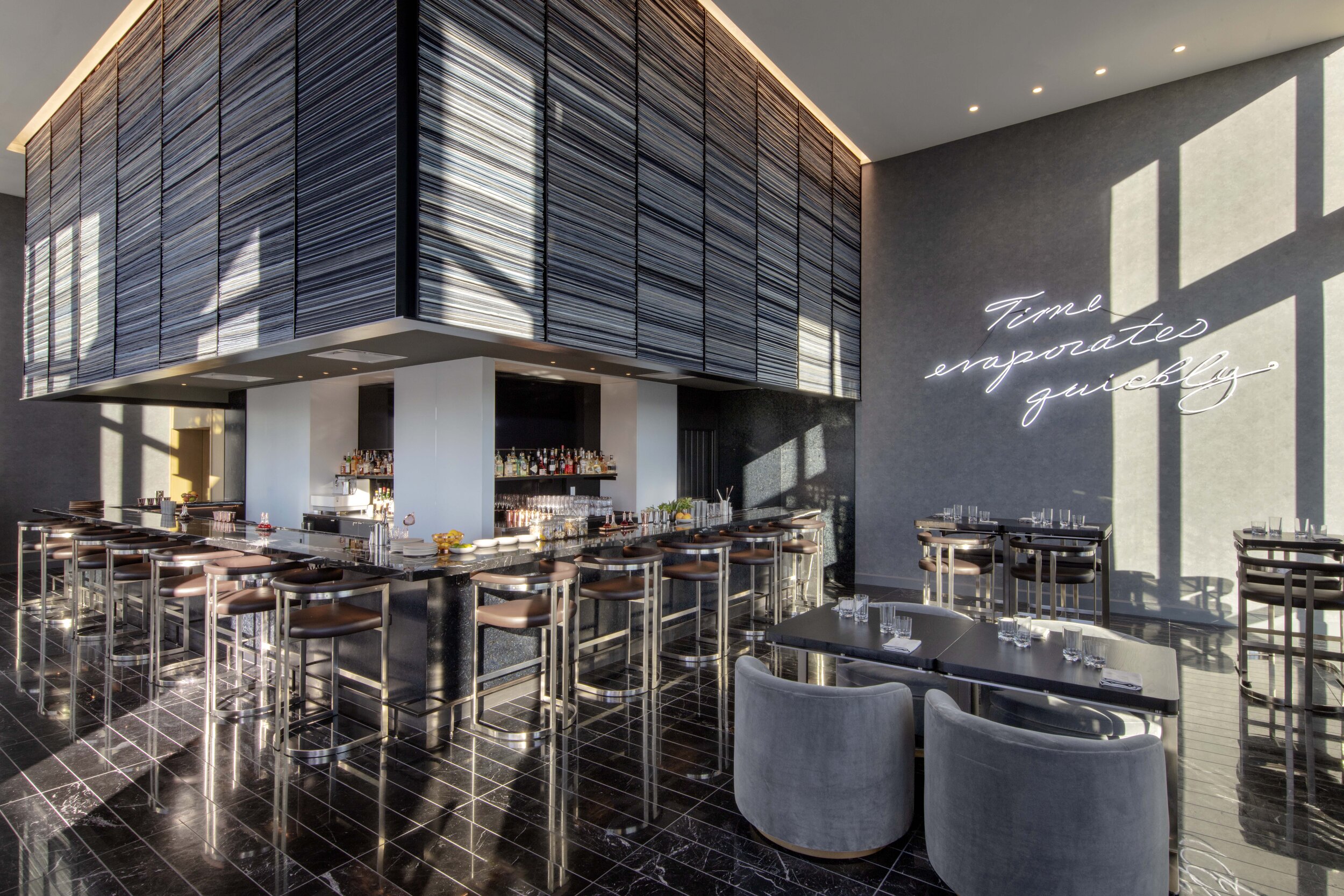You Must Change Your Life
We cannot know his legendary head
with eyes like ripening fruit. And yet his torso
is still suffused with brilliance from inside,
like a lamp, in which his gaze, now turned to low,
gleams in all its power. Otherwise
the curved breast could not dazzle you so, nor could
a smile run through the placid hips and thighs
to that dark center where procreation flared.
Otherwise this stone would seem defaced
beneath the translucent cascade of the shoulders
and would not glisten like a wild beast’s fur:
would not, from all the borders of itself,
burst like a star: for here there is no place
that does not see you. You must change your life.
—Rainer Maria Rilke, 1875-1926
The second-year English graduate students of my university sat in a too-warm, very sunny classroom, late in the spring of 2010, listening to our Swiss professor—the one with a reputation for being brilliant in the kind of way that makes a student feel apprehensive to take his class—declare to us all with unshakeable authority, “You. Must. Change. Your. Life.”
We were at the tail-end of our cohort’s tenure. About to graduate. Heading into the real world as the real world was only just waking up after being knocked out cold by the monumental economic collapse of that time. Squinting its swollen eyes. Brushing its bloody knees off.
At the time, we would clink glasses at what had been relegated the “graduate student bar” and joke about our professor’s dictum. Not his, of course. Rilke’s. TS Eliot’s. Nietzsche’s. Many, many others. “You must change your life!” we would joke, suggesting a different dipping sauce for our fries. We were something like twenty-three, ordering third rounds, wearing flip-flops and carrying around backpacks full of scribbled-on secondary sources—we were, by my current standards, children. Eager ones but children nonetheless.
And so now, as I reflect on the work we at Blackletter have completed in 2020—ten years after I heard my professor say something that ended up echoing in my head ever since—I wonder if it fits somewhere. I think about how in ten years, or twenty, my future standards again may well dwarf the ones I hold now. I think about how exciting the thought of that is. I think about how it’s also sad. And beautiful.
One project we completed in 2020 was among the most intellectually rewarding of our portfolio to date. The Joseph Nashville, a hotel created by people so visionary as to pursue the development of living environments—hotels, apartments, neighborhoods—borne of exacting design and steeped in fine art and so persnickety as to debate over the Oxford comma or the particular sheen of gift wrap ribbons, opened late last year. Every turn of our partnership in working for that hotel was an exercise in the act of refinement.
Why build a hotel with art? Why strive to inspire people into a deeper love with life? The answer must be about more than just sharing beautiful things for its own sake. The hotel (the art, the experience) invites people to know that profoundly mysterious moment when emotion, awareness, and curiosity collide. That feeling of seeing your experience reflected back to you, of seeing a totally unfamiliar experience reflected back to you, of seeing at all. If being alive means changing your life, then the kinds of experiences on offer at The Joseph Nashville help us grow, heal, and hope. That is, art is a good partner to us in life, helping us to smooth the rough edges, explore the sparks.
We enjoyed that kind of partnership in our work to brand the hotel, too. It may well have changed us.









